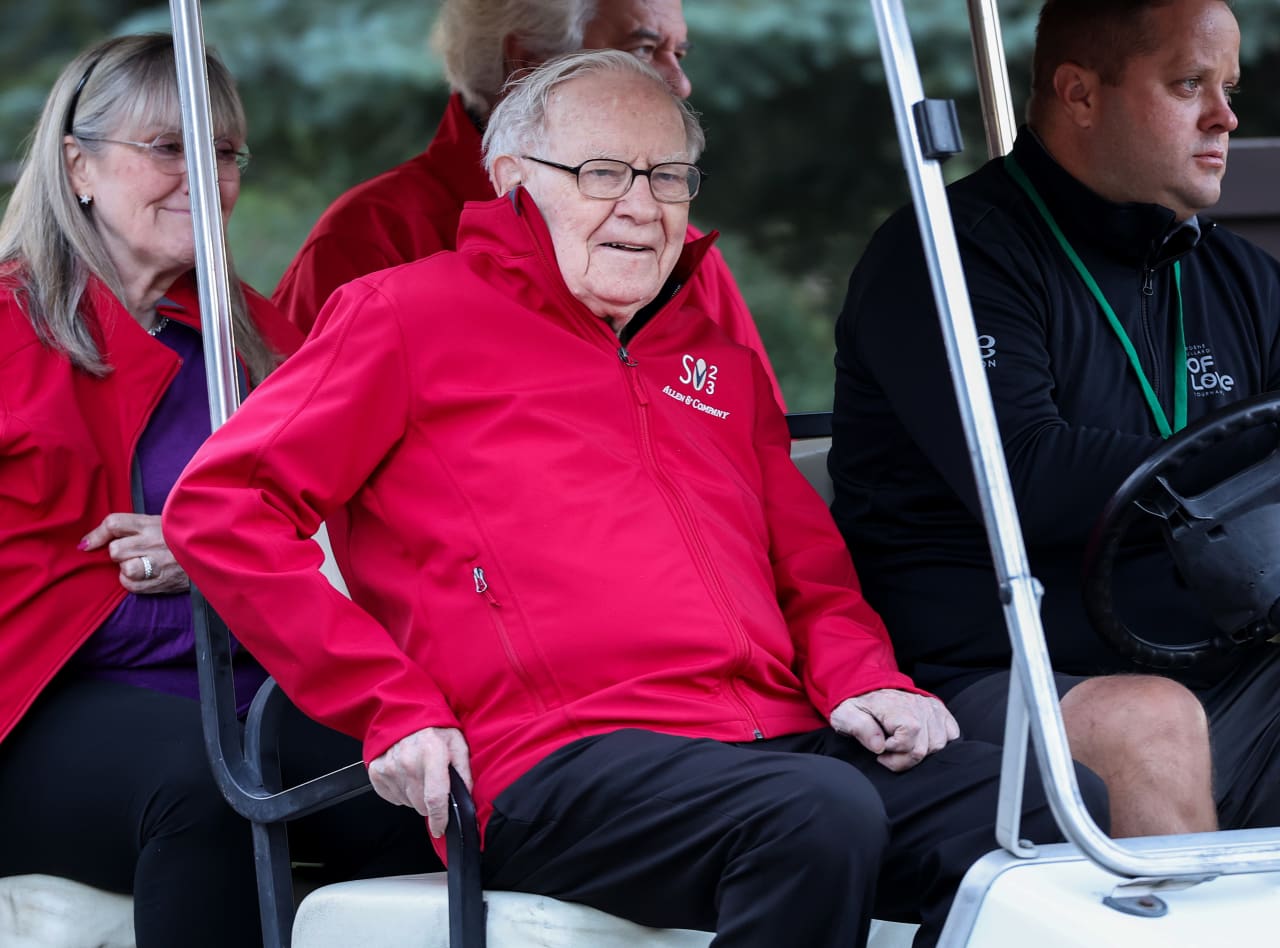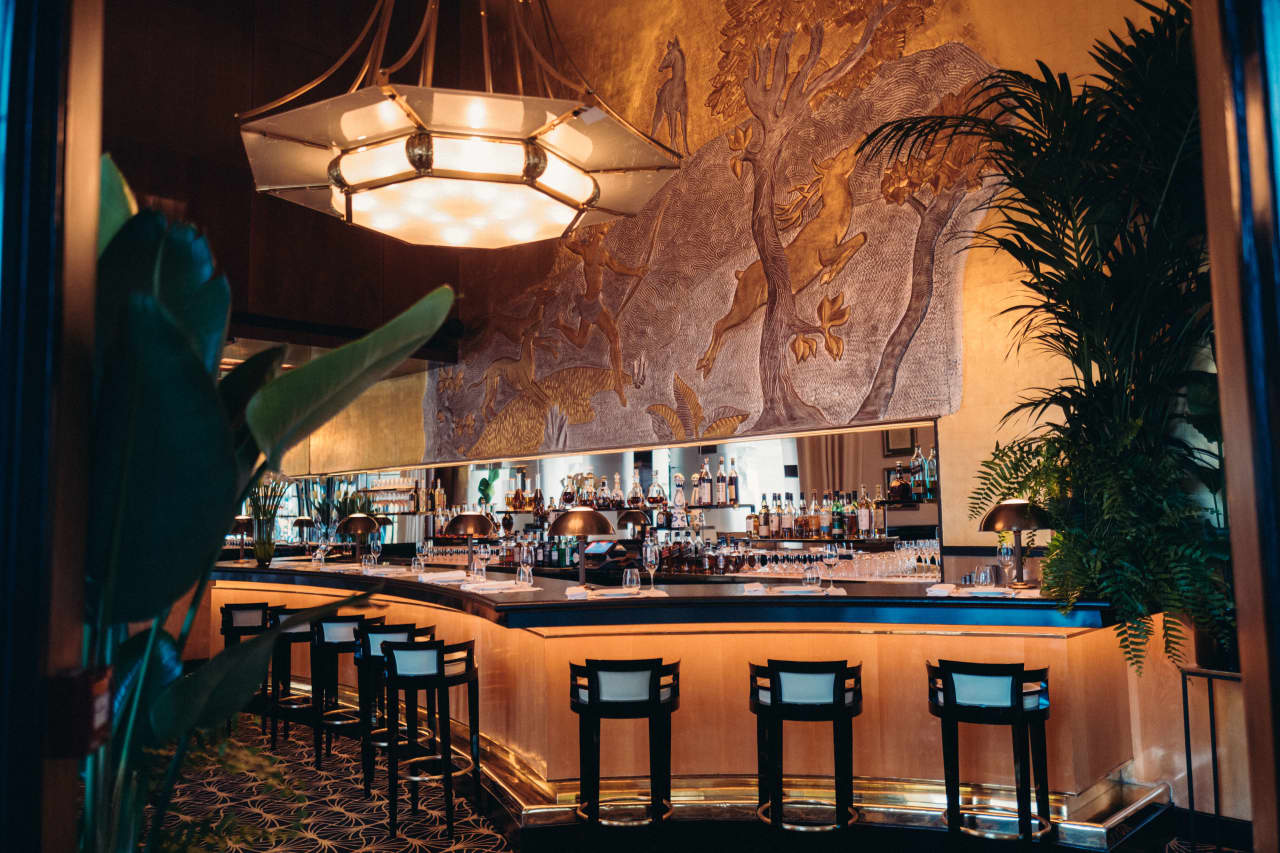Does Working From Home Have to Mean a Lower Salary?
The flexibility of remote work doesn’t have to come at your expense
As return-to-the-office dates come into focus, more people are looking for new remote jobs, but many worry such a move could result in a pay cut.
Experts say a pay cut isn’t a given—but individuals must be savvy about how they negotiate.
Workers looking to take the remote leap should do research about pay scales in the market where they want to live and be prepared to make a compelling case for how they should be compensated.
“Remote jobs tend to pay about the same as their in-office counterparts,” said Brie Reynolds, career development manager and coach at remote job listings site FlexJobs, speaking at The Wall Street Journal Jobs Summit in early October.
Companies typically set salaries based on the market value of the jobs and the cost of living in the employee’s city. Remote work complicates this equation: Some companies are agreeing to let employees work from anywhere for the same pay, but other companies, particularly those that have adopted a hybrid model, are setting remote salaries based on pay in the locations where employees actually live.
In the case of a fully remote company, salaries could be pegged to the region the organization calls its headquarters or where the remote worker is based, or some combination of the two.
“When you’re doing your salary research, you want to look at both your location and the company’s location and see if you can get a decent range out of that,” said Ms. Reynolds, who recommends workers research salaries on Payscale.com and Glassdoor.com.
A lot of companies are still hoping for a return to normal, which means people in offices. Permitting flexibility has become crucial to hiring the best, said Lauren Gardner, a talent executive at Microsoft Corp.
Getting hires “where they want to live and where they can do their best work,” is key to staying competitive, Ms. Gardner said.
New data from LinkedIn show that since early September 70% of people have filtered their searches for jobs on the platform to show exclusively remote-only job postings. But some jobs can’t be done from home and many managers will prefer to see their teams in person, at least some of the time.
People who want to work remotely or have a certain hybrid schedule need to be upfront about what makes them attractive as a remote employee and the exact type of work arrangement and pay they are looking for, said Michael D’Ausilio, global head of talent acquisition at JPMorgan Chase & Co.
“Have the honest conversation with the recruiter or with the hiring manager, because you don’t know if you don’t ask,” Mr. D’Ausilio said. “It is our job to make sure we’re giving you a realistic job preview of what life here would be like.”
Sara Sutton, founder and CEO of FlexJobs, said people in good standing at a company can make their case for maintaining their current pay when they move to a new, cheaper location.
“If you’re a high performer, they are not going to want to replace you,” she said. “They have to make an investment in hiring and bringing somebody up to speed, so there is a cost to the company.”
Job hunters should also review the expenses associated with going into an office. Working from home could save them so much that a pay cut could pay off, Ms. Sutton said. Around 40% of remote workers report personal savings of $5000 annually on expenses related to working at the office, such as commuting, dry cleaning and buying lunch, she said. Another 20% said they save up to $10,000 a year—a big consideration when negotiating.
Reprinted by permission of The Wall Street Journal, Copyright 2021 Dow Jones & Company. Inc. All Rights Reserved Worldwide. Original date of publication: October 31, 2021
 Copyright 2020, Dow Jones & Company, Inc. All Rights Reserved Worldwide. LEARN MORE
Copyright 2020, Dow Jones & Company, Inc. All Rights Reserved Worldwide. LEARN MORE
This stylish family home combines a classic palette and finishes with a flexible floorplan
Just 55 minutes from Sydney, make this your creative getaway located in the majestic Hawkesbury region.
As Paris makes its final preparations for the Olympic games, its residents are busy with their own—packing their suitcases, confirming their reservations, and getting out of town.
Worried about the hordes of crowds and overall chaos the Olympics could bring, Parisians are fleeing the city in droves and inundating resort cities around the country. Hotels and holiday rentals in some of France’s most popular vacation destinations—from the French Riviera in the south to the beaches of Normandy in the north—say they are expecting massive crowds this year in advance of the Olympics. The games will run from July 26-Aug. 1.
“It’s already a major holiday season for us, and beyond that, we have the Olympics,” says Stéphane Personeni, general manager of the Lily of the Valley hotel in Saint Tropez. “People began booking early this year.”
Personeni’s hotel typically has no issues filling its rooms each summer—by May of each year, the luxury hotel typically finds itself completely booked out for the months of July and August. But this year, the 53-room hotel began filling up for summer reservations in February.
“We told our regular guests that everything—hotels, apartments, villas—are going to be hard to find this summer,” Personeni says. His neighbours around Saint Tropez say they’re similarly booked up.
As of March, the online marketplace Gens de Confiance (“Trusted People”), saw a 50% increase in reservations from Parisians seeking vacation rentals outside the capital during the Olympics.
Already, August is a popular vacation time for the French. With a minimum of five weeks of vacation mandated by law, many decide to take the entire month off, renting out villas in beachside destinations for longer periods.
But beyond the typical August travel, the Olympics are having a real impact, says Bertille Marchal, a spokesperson for Gens de Confiance.
“We’ve seen nearly three times more reservations for the dates of the Olympics than the following two weeks,” Marchal says. “The increase is definitely linked to the Olympic Games.”

Getty Images
According to the site, the most sought-out vacation destinations are Morbihan and Loire-Atlantique, a seaside region in the northwest; le Var, a coastal area within the southeast of France along the Côte d’Azur; and the island of Corsica in the Mediterranean.
Meanwhile, the Olympics haven’t necessarily been a boon to foreign tourism in the country. Many tourists who might have otherwise come to France are avoiding it this year in favour of other European capitals. In Paris, demand for stays at high-end hotels has collapsed, with bookings down 50% in July compared to last year, according to UMIH Prestige, which represents hotels charging at least €800 ($865) a night for rooms.
Earlier this year, high-end restaurants and concierges said the Olympics might even be an opportunity to score a hard-get-seat at the city’s fine dining.
In the Occitanie region in southwest France, the overall number of reservations this summer hasn’t changed much from last year, says Vincent Gare, president of the regional tourism committee there.
“But looking further at the numbers, we do see an increase in the clientele coming from the Paris region,” Gare told Le Figaro, noting that the increase in reservations has fallen directly on the dates of the Olympic games.
Michel Barré, a retiree living in Paris’s Le Marais neighbourhood, is one of those opting for the beach rather than the opening ceremony. In January, he booked a stay in Normandy for two weeks.
“Even though it’s a major European capital, Paris is still a small city—it’s a massive effort to host all of these events,” Barré says. “The Olympics are going to be a mess.”
More than anything, he just wants some calm after an event-filled summer in Paris, which just before the Olympics experienced the drama of a snap election called by Macron.
“It’s been a hectic summer here,” he says.

AFP via Getty Images
Parisians—Barré included—feel that the city, by over-catering to its tourists, is driving out many residents.
Parts of the Seine—usually one of the most popular summertime hangout spots —have been closed off for weeks as the city installs bleachers and Olympics signage. In certain neighbourhoods, residents will need to scan a QR code with police to access their own apartments. And from the Olympics to Sept. 8, Paris is nearly doubling the price of transit tickets from €2.15 to €4 per ride.
The city’s clear willingness to capitalise on its tourists has motivated some residents to do the same. In March, the number of active Airbnb listings in Paris reached an all-time high as hosts rushed to list their apartments. Listings grew 40% from the same time last year, according to the company.
With their regular clients taking off, Parisian restaurants and merchants are complaining that business is down.
“Are there any Parisians left in Paris?” Alaine Fontaine, president of the restaurant industry association, told the radio station Franceinfo on Sunday. “For the last three weeks, there haven’t been any here.”
Still, for all the talk of those leaving, there are plenty who have decided to stick around.
Jay Swanson, an American expat and YouTuber, can’t imagine leaving during the Olympics—he secured his tickets to see ping pong and volleyball last year. He’s also less concerned about the crowds and road closures than others, having just put together a series of videos explaining how to navigate Paris during the games.
“It’s been 100 years since the Games came to Paris; when else will we get a chance to host the world like this?” Swanson says. “So many Parisians are leaving and tourism is down, so not only will it be quiet but the only people left will be here for a party.”
This stylish family home combines a classic palette and finishes with a flexible floorplan
Just 55 minutes from Sydney, make this your creative getaway located in the majestic Hawkesbury region.






















